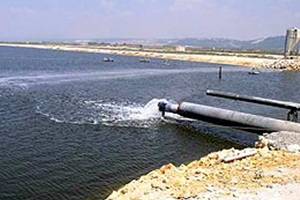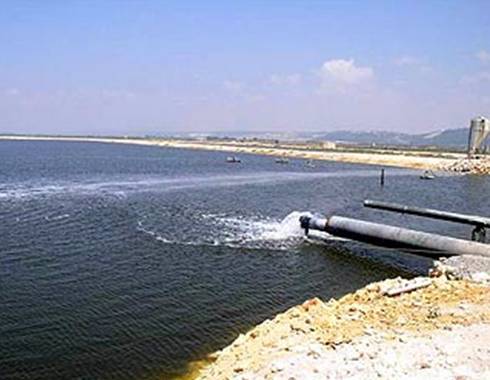
The Knesset Internal Affairs and Environmental Committee approved a bill Monday morning that would require public institutions to use recycled, or gray water, a committee spokesman announced last afternoon.
The bill, initiated by previous bill of MKs Dov Khenin (Hadash, the Democratic Front for Peace and Equality – Communist Party of Israel) under the umbrella of the Environment Protection Bill, which will focus on the wise use of natural resources, such as recycled drain water, the Hadash spokesman said.

The purpose of the bill is to regulate the building, installation and operation of water separation systems and to control the collection and reuse of drain water in an effort to optimize water usage while maintaining public health, according to the spokesman.
Due to Israel’s ongoing water crisis, it is impossible to continue flushing toilets using drinking water, MK Khenin said during the meeting. The bill carries support from representatives of a vast array of parties, among others Hadash, Meretz, Kadima, Shas and Labor. During the hearing, participants stressed that the drafters of the bill forgot to include bath water and laundry water when defining the term “drain water,” and the writers immediately agreed that these elements would be included in the next draft of the bill, the committee spokesman said.
Environmental organizations were largely in favor of the gray water law, albeit with a few modifications. Meanwhile, Friends of the Earth Middle East also welcomed the approval of the law’s first reading, saying that the state has a clear interest in advancing the use of recycled water, recognizing that the resource is rare in this region.
In addition to conserving water in public institutions, however, the law needs to establish a “financial track” that will provide for the installation of gray water systems in new homes, said Youval Arbel, Israel deputy director of Friends of the Earth Middle East, in a statement.
“This is a first and important step in determining appropriate water-saving policies in the long-term,” said Amit Bracha, director of the Israel Union for Environmental Defense, in a statement. “Nevertheless, due to the current water crisis facing the State of Israel, a state that is half desert, it is of utmost importance that the law in its final form will enable the use of gray water not only in public institutions but also in all new residential construction.” “The gray water bill is a necessity to Israel’s water sector,” he added.
Simply by using gray water to flush toilets, Israel would save 63 liters of water per person each day, according to a statement from the organization, which also said that even if only one-third of the country installed a gray water system, the state would save 50 million cubic meters of water annually.


